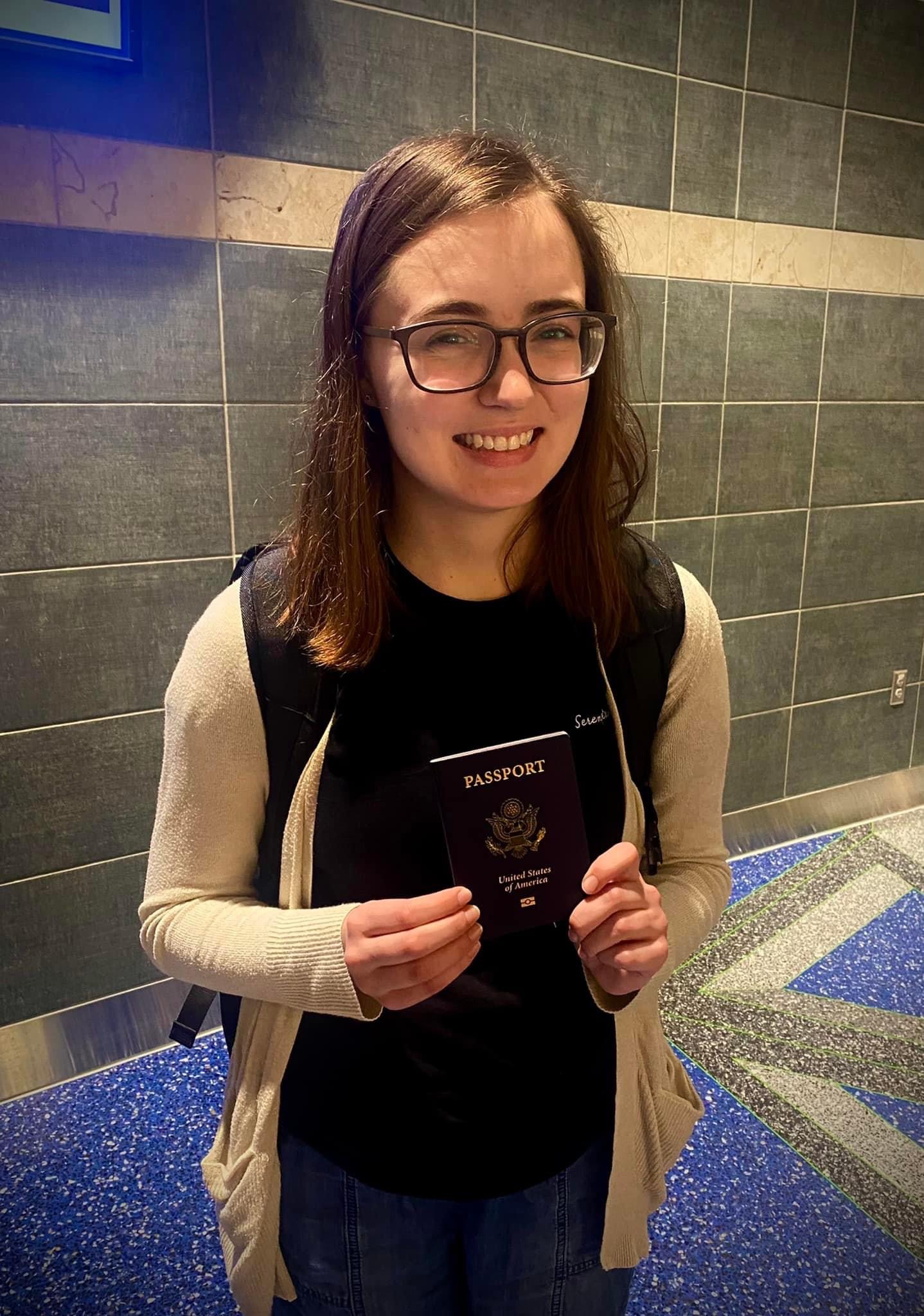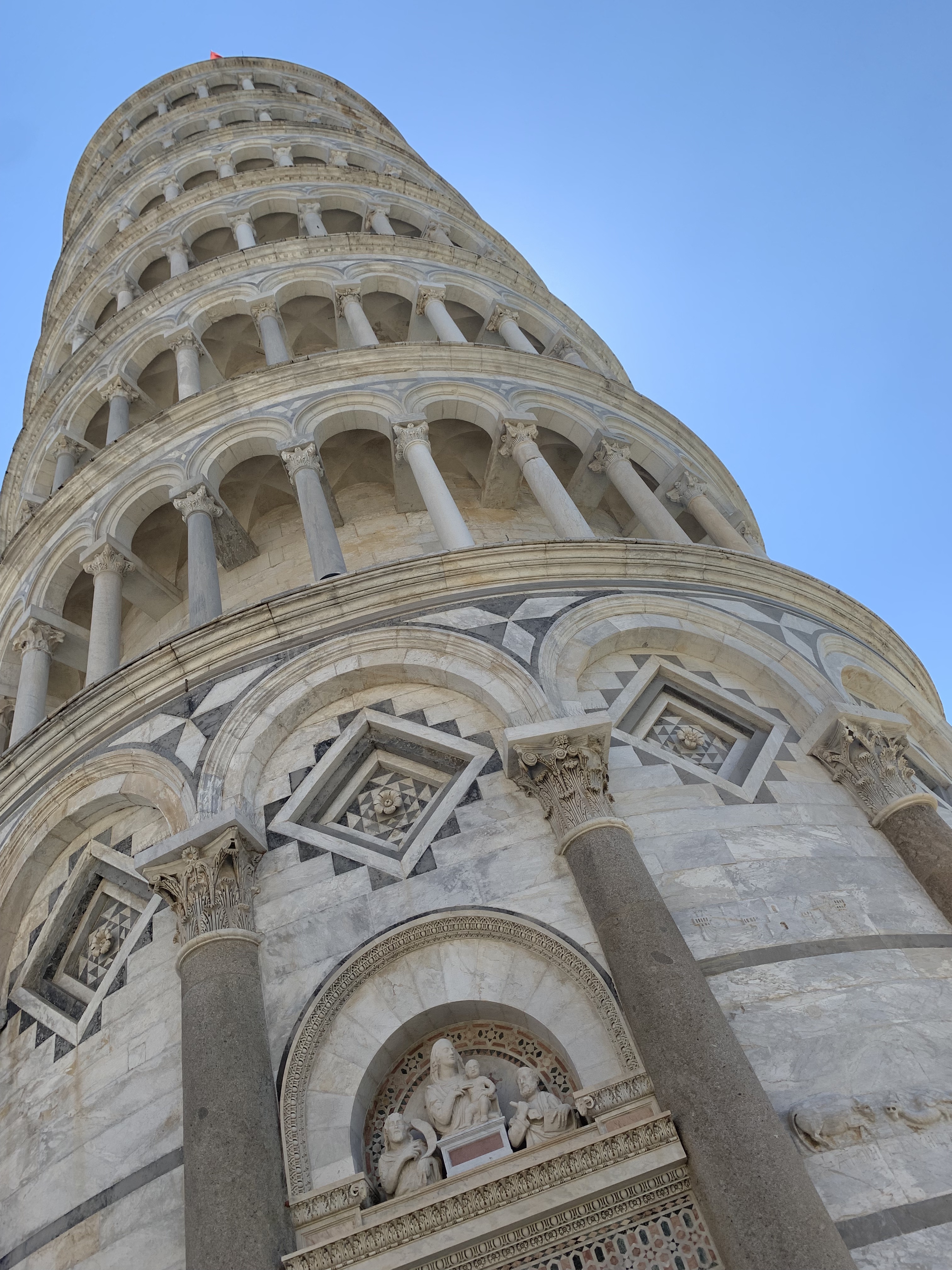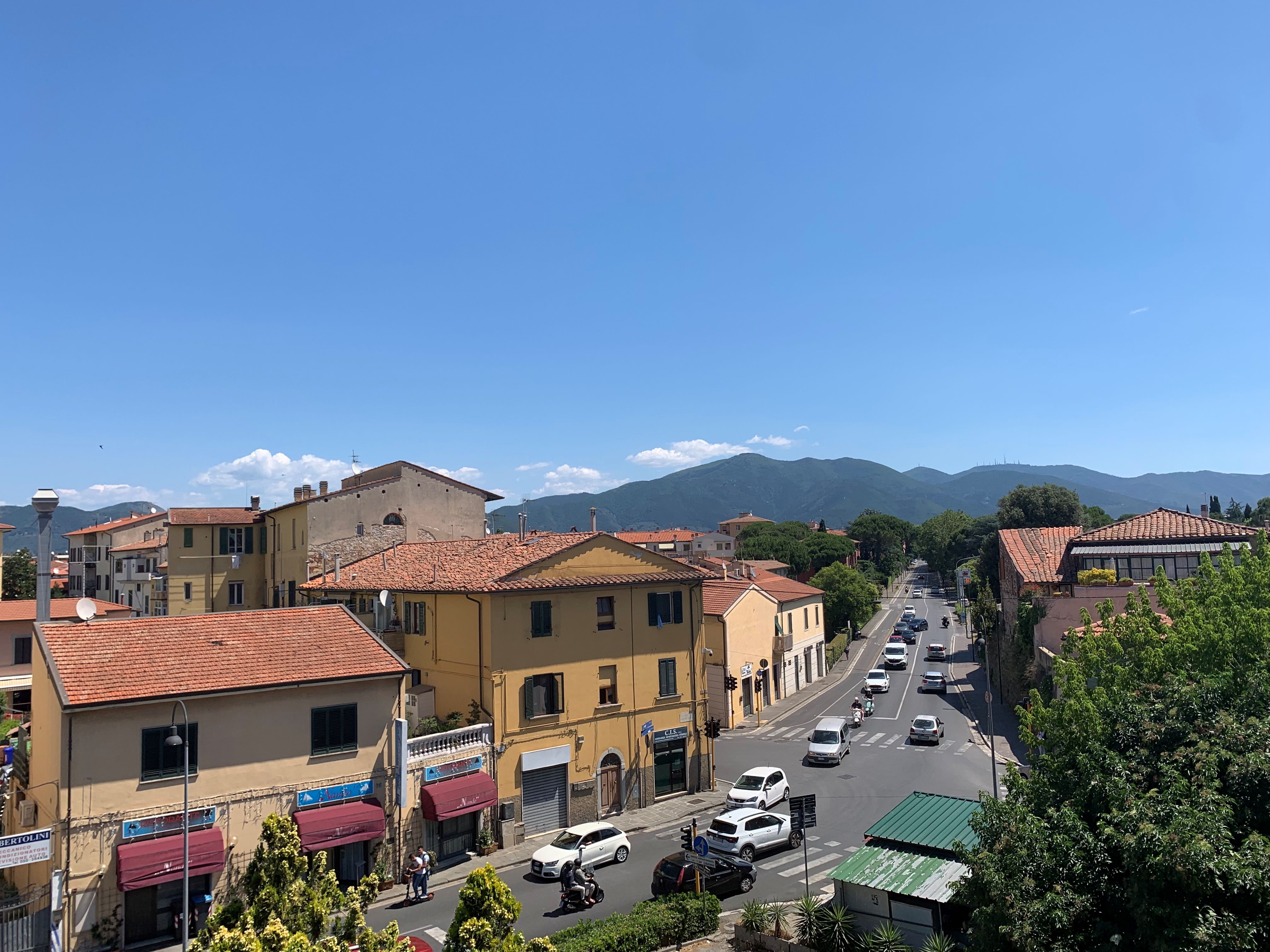Tips for Studying Abroad in Italy
This past summer, I had the opportunity to study abroad in Italy through Creativity & Culture in Rome. This experience enabled me to stay in Rome for several weeks. I also traveled with friends on the weekends to Florence, Pisa, Naples, Pompeii, and several beaches. Based on my experience, I have several suggestions for students who are interested in studying abroad in Italy! 
- Give yourself patience as you learn the basics. Your first time using transportation, ordering food, or going to the grocery store or pharmacy might be overwhelming in a new country with different customs and an unfamiliar language. Trust that you will become more comfortable with your environment over time. You will likely notice some things that you prefer in Italy and other things that you miss from the United States. Those feelings and thoughts are valid. Getting adjusted is a process!
- While seeing popular tourist sites is cool, take the time to also explore more local sites to better understand the culture of where you are living. Note that restaurants right next to prime tourist locations (such as the Pantheon or Trevi Fountain in Rome) have pros and cons: Their employees may be more used to having English-speaking customers, but the food and overall experience may be more superficial as opposed to authentic.
- Bring comfort snacks and plenty of hygiene essentials because there will not be a Walmart just down the street. Many grocery stores that I visited in Rome pretty much only offered food and beverage products with very few other items, and going to a farmacia (pharmacy) for other items was sometimes overwhelming.
- If you are interested in religious sites, take some time to see some of the beautiful places of worship in Italy. While in Rome, I visited many of the famous Catholic churches. However, I also visited the Jewish Quarter and took some time to understand the history of Judaism in Rome. While visiting religious sites, be sure to respect the rules of these sites (Hint: Many Italian churches have very strict dress codes, and shoulders and knees must be covered). Also, take some time to learn about the history of these places from various perspectives.
- Take care of some practical aspects of your experience in advance. Communicate to your cellular service provider and credit card companies before traveling to ensure that you will be able to have service in Rome; do not expect that this service will be consistent all the time. Also, convert some of your money to euros in advance instead of waiting until you get there. While in Italy, make sure to only convert your money through legitimate financial institutions like banks and not ATMs on the street that can be used for scams.
- Don’t be afraid to take some days off from being a tourist to prioritize your schoolwork and your mental health. Being a tourist non-stop for weeks at a time can be exhausting. It is totally fine to take a day every once in a while to rest at home, catch up on laundry, eat some comfort snacks, work on homework, or do something for fun like watch a movie on Netflix (if you have a stable enough Internet connection!). Don’t feel guilty if you decide to stay at home some evenings when friends go out because studying abroad is a marathon, not a sprint. Seeing cool sites and experiencing new things can wait until you are more well-rested tomorrow.
- Order Fanta in a classic glass bottle! This was one of my favorite things to do in Italy as Fanta was a popular soft drink offered at many restaurants. Although Fanta is an American-owned German brand, the current formula for Fanta was developed in Italy.
- Learn a little bit about the history of your surroundings. Having basic knowledge can enhance your appreciation of Italy’s rich art and architecture.
- Try cacio e pepe! It was my favorite pasta of Italy.
- Familiarize yourself with the police structure of Italy and understand your rights as a non-citizen. Note that there may be street closures during the summer in Rome and other cities due to holidays, parades, and other events. Be respectful to everyone, and obey local laws. Understand at least a little bit about current political, economic, and social situations.
- “When in Rome, do as the Romans do …” and try potato pizza. Yes, it’s a thing in Rome. Yes, it is good!
- Get to know a piazza or two, and participate in the ritual of passeggiata.
- Before traveling anywhere within Italy, have a plan. Figure out a transportation plan in advance. Also figure out what activities are free, and which require tickets. When possible, buy tickets for transportation, museums, etc., in advance. Online ordering and printing out a ticket at a study center instead of buying a ticket in person was a great solution for me in several instances.
- Learn about the evening tradition of aperitivo! Many of my favorite memories of Rome come from having aperitivo with friends. This tradition usually involves a pre-dinner drink and snack (for example, at a restaurant), often for a great price. The snack may range from a small bowl of chips or crackers to a full board of meats, cheeses, and traditional fried appetizers. As someone who does not drink alcohol, my advice for people with similar restrictions is to find your favorite spot that will allow you to select a non-alcoholic drink and that offers the yummiest foods for the best price!
- See a croissant? It may be a cornetto instead!
- Try some gelato! My favorite flavor was fondente (dark chocolate).
- Be safe, but don’t be afraid to get out of your comfort zone a little bit to try new things.
- Learn a lot, and have fun!

